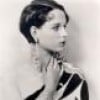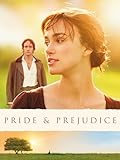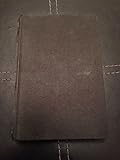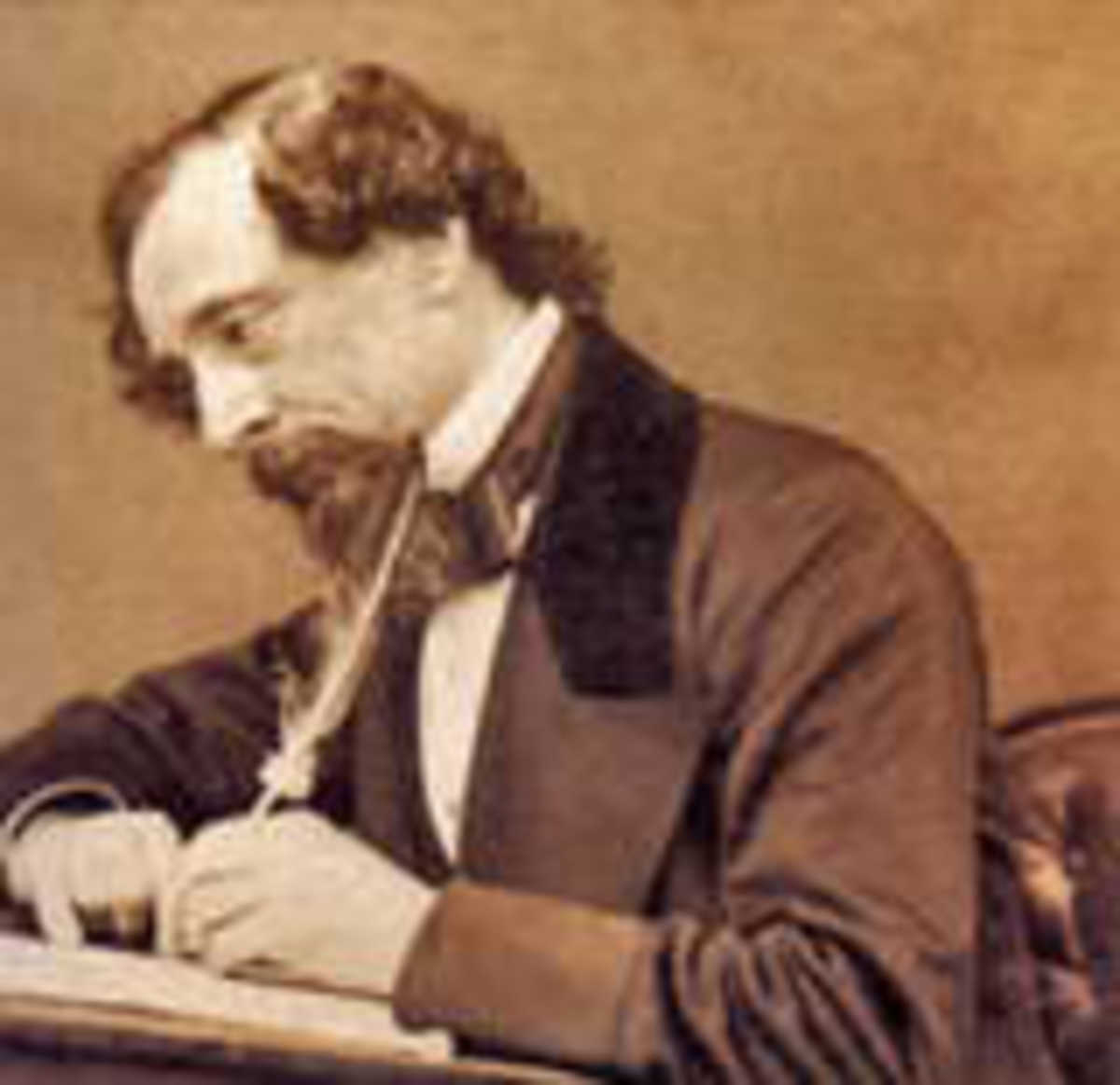Great Opening Paragraphs
First Impressions
The opening paragraph of a book is our first indication of what is to come in the pages ahead. First impressions count, in literature as much as in life and if a writer is to immediately engage interest then those initial collection of words must be put together in a way which inspires the reader to want to carry on reading. That first paragraph has to have zing.
Tips
- Generally, a successful first paragraph will have a 'hook' to pull the reader in, ie; something that makes the reader want to read further into the story. This can be an event, a mystery, a situation, an intriguing character or something else.
- Don't try and stuff too many things in the first paragraph - opt for one theme or idea which is central to the narrative.
- Reading is not just an intellectual pastime, it's also an emotional one and good writing touches the reader by triggering some sort of emotional response - such as, developing empathy for a character, introducing a universal theme or describing a situation a reader can relate to.
- The writing should also be succinct - great swathes of descriptions heavily weighted with adjectives are likely to be a major tun-off to a prospective reader. Never put a word in unless it really needs to be there.
Some writers suggest introducing a major character in the first paragraph but there are really no hard and fast rules, other than to get the reader's attention. Below is a small selection of some of the most memorable opening passages in literature and while some of them are over a hundred years old, the words carry plenty of bite and are powerful enough to be still seducing new generations of readers.
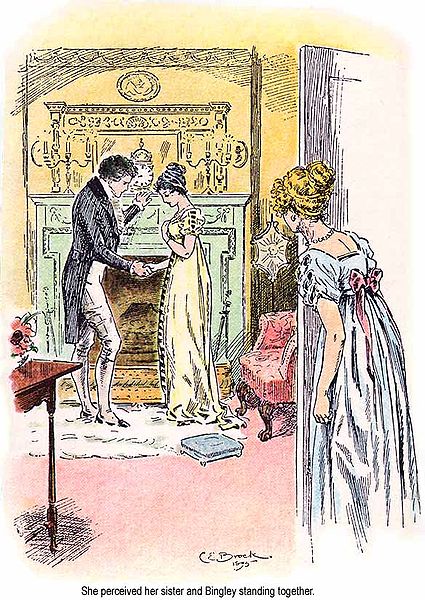
- Jane Austen Fashions
Jane Austen wrote most of her novels during the English Regency period, a time of upheaval and changing cultural mores - changes that could be seen the new fashions of the era, which harked back to the classical elegance of the ancient world...
Pride and Prejudice
It is a truth universally acknowledged, that a single man in possession of a good fortune, must be in want of a wife. However little known the feelings or views of such a man may be on his first entering a neighbourhood, this truth is so well fixed in the minds of the surrounding families, that he is considered as the rightful property of some one or other of their daughters.~Jane Austen
Jane Austen's famous opening to Pride and Prejudice (published in 1813) is more a detached general observation than anything else, yet In these first few lines, she offers the reader some clues to the story ahead in a way which amuses and engages.
By introducing the marriage theme within the social context of the time (ie; the imperative of an advantageous marriage), we get an idea of the kind of scheming and planning that might be involved in snaring 'a man in want of a wife' and sure enough. before too long we are introduced to Mrs Bennett, mother of five marriageable daughters and whose words and actions confirm the observations in the opening sentences.
Having established the premise at the very beginning of the novel, Austen draws us in beautifully and we quickly become involved in the goings-on of the Bennetts and their neighbours. It is the perfect opening to a perfect story of social manners, love, ambition, romantic conflict and societal expectation.
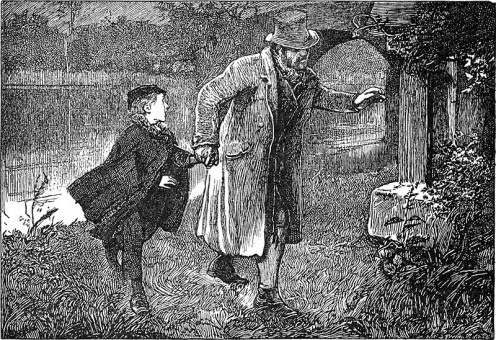
Oliver Twist
Among other public buildings in a certain town, which for many reasons it will be prudent to refrain from mentioning, and to which I will assign no fictitious name, there is one anciently common to most towns, great or small: to wit, a workhouse; and in this workhouse was born; on a day and date which I need not trouble myself to, inasmuch as it can be of no possible consequence to the reader, in this stage of the business at all events; the item of mortality whose name is prefixed to the head of this chapter. ~ Charles Dickens
There have been few writers with as great a command over the English language as Charles Dickens and while the style may at first seem alien to some modern readers, there is nonetheless such a richness and mastery to the writing that, to lovers of language, its worth persevering through the unfamiliarity. Once one is accustomed to the style, Dickens's story flows with all the force and naturalness of a river current.
An unusual aspect to the opening paragraph of Oliver Twist, first published in1838, is that the whole of the paragraph is expertly condensed into a single sentence. Although there seems to be a whole lot packed into it, Dickens has not used one superfluous adjective and there is not word more than is necessary.
Dickens establishes an early sympathy between his central character, Oliver Twist and the reader, if only because we know from the first that the infant Twist was born into a workhouse; an unhappy circumstance for any baby. We also get a picture of the harshness and grim reality of life in early 19th century England. Who this poor baby grows up to be is the hook which Dickens employs to pull us into the narrative and make us read on.
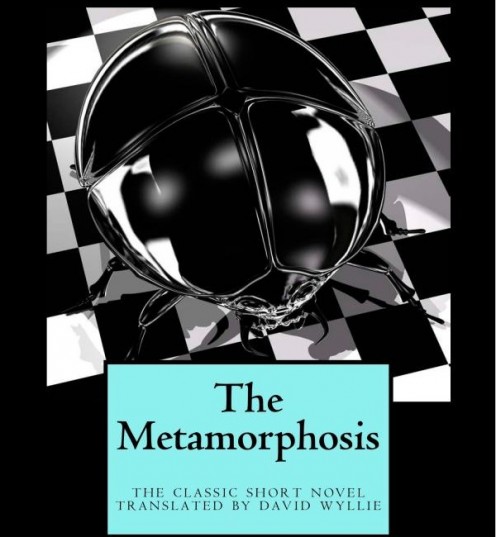
Metamorphosis
As Gregor Samsa awoke one morning from uneasy dreams he found himself transformed in his bed into a gigantic insect. He was laying on his hard, as it were armor-plated, back and when he lifted his head a little he could see his domelike brown belly divided into stiff arched segments on top of which the bed quilt could hardly keep in position and was about to slide off completely. His numerous legs, which were pitifully thin compared to the rest of his bulk, waved helplessly before his eyes.~ Franz Kafka
Franz Kafka's arresting opening paragraph to his 1915 short novel The Metamorphosis, an excruciatingly poignant story of abandonment and alienation, is one the most remarkable in 20the century literature. The matter-of-fact, descriptive tone is at odds with the startling nature of the subject matter, yet it is this contrast between the ordinary and the fantastic that makes the passage so effective.
Kafka's evocative visual imagery is hard to bypass and provides for a striking example of how the skilful writer is able to persuade the reader to suspend disbelief and be carried away in the story. The premise is absurd; how could a man become an insect? Yet through the author's use of suggestive, effective descriptions of Samsa in his new condition - the segmented body, the armoured breast, the "pitifully thin' insect legs struggling in the air, we are made to care about the premise. Our imagination is triggered and the reader is able to accept Kafka's truths' within their own context.
We are compelled to read on - the transformation is the hook that captures the readers attention. We want to know what happens to Gregor Samsa - more, to share in the extraordinary experience of becoming this monstrous thing. How could we fail to read on with an opening like that..?

Lolita
Lolita, light of my life, fire of my loins. My sin, my soul. Lo-lee-ta: the tip of the tongue taking a trip of three steps down the palate to tap, at three, on the teeth. Lo. Lee. Ta.~ Vladimir Nabokov
Vladimir Nabovok's short, sweet yet entirely seductive first paragraph from his 1959 novel, Lolita is both original and highly evocative.
Nabokov's language is almost musical in its rhythmic structure - seemingly effortless in the writing and so easy to read and absorb that we barely notice we are reading at all.
In just over three sentences the reader has already learnt something significant about the main character. We know he is obsessed with someone called Lolita and that that obsession is unhealthy: his 'sin', that it is all-consuming: his 'soul' and that it is passionate: the 'fire of his loins'.
What we don't know is who Lolita is and of course we feel compelled to read on so we can find out...
